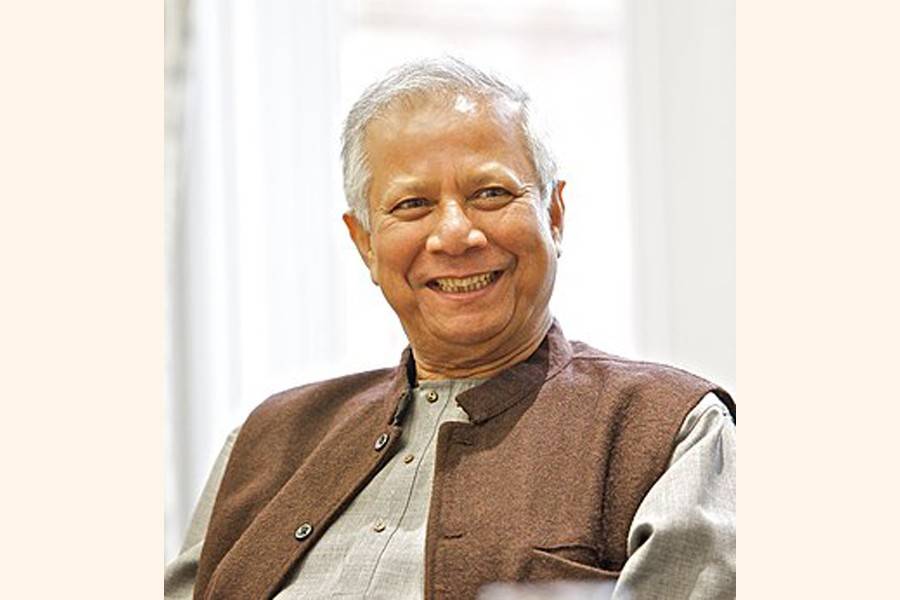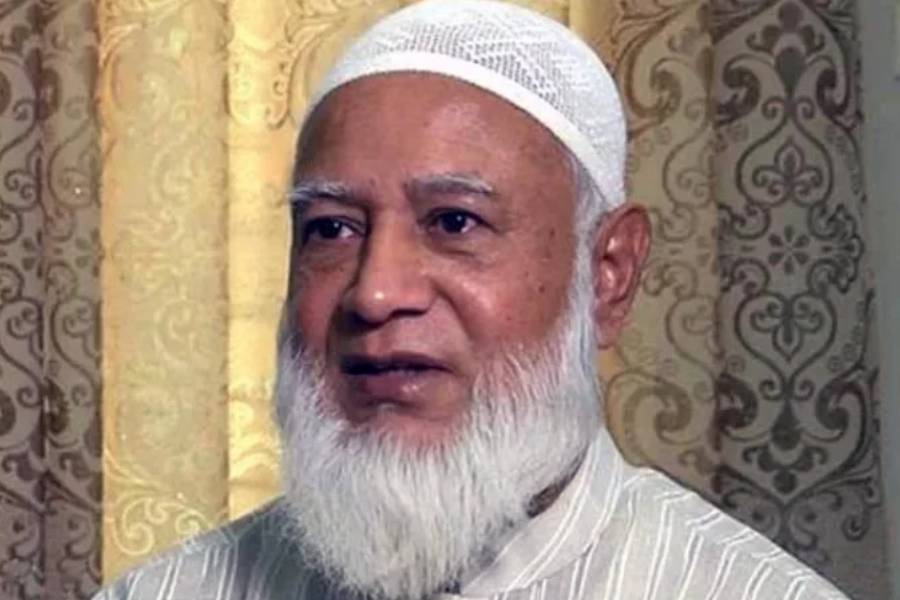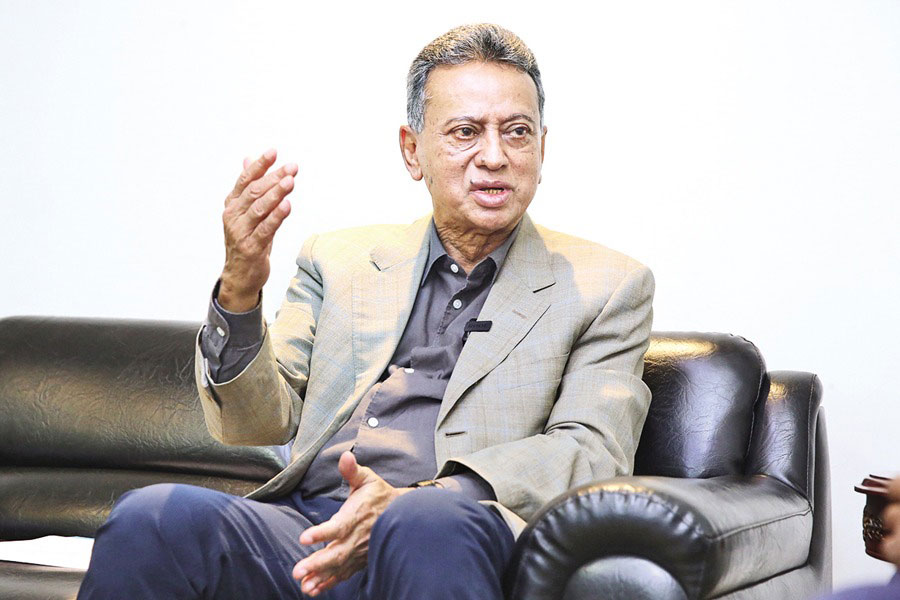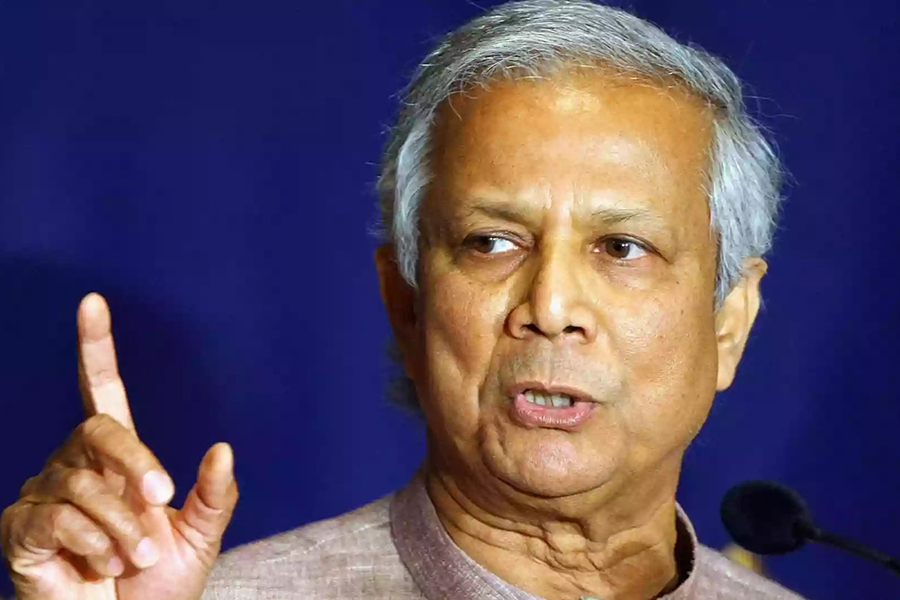Saif
Senior Member
- Joined
- Jan 24, 2024
- Messages
- 16,529
- Likes
- 8,140
- Nation

- Residence

- Axis Group


CA lauds BD tariff negotiation team
In a message on Friday, Chief Adviser Professor Muhammad Yunus lauded the Bangladesh team for successful negotiations with their US counterpart in Washington. “By reducing the tariff to 20 per cent, 17 points lower than anticipated, our negotiators have demonstrated remarkable strategic skil
CA lauds BD tariff negotiation team
FE ONLINE REPORT
Published :
Aug 01, 2025 20:10
Updated :
Aug 01, 2025 20:10

In a message on Friday, Chief Adviser Professor Muhammad Yunus lauded the Bangladesh team for successful negotiations with their US counterpart in Washington.
“By reducing the tariff to 20 per cent, 17 points lower than anticipated, our negotiators have demonstrated remarkable strategic skill and unwavering commitment to safeguarding and advancing Bangladesh’s economic interests”, he said.
“We proudly congratulate the Bangladesh tariff negotiators on securing a landmark trade deal with the United States, a decisive diplomatic victory”.
They have been working relentlessly since February and navigated successfully through a complex negotiating process involving tariff, non-tariff and national security matters, De Yunus added.
“The agreement they negotiated preserves our comparative advantage, enhances our access to the world’s largest consumer market and safeguards our core national interests”.
“This achievement not only underscores Bangladesh’s rising strength on the global stage but also opens the door to greater opportunities, accelerated growth, and lasting prosperity”.
“The future of Bangladesh is undeniably bright. Today’s success stands as a powerful testament to the nation’s resilience and its bold vision for a stronger economy tomorrow”.
FE ONLINE REPORT
Published :
Aug 01, 2025 20:10
Updated :
Aug 01, 2025 20:10
In a message on Friday, Chief Adviser Professor Muhammad Yunus lauded the Bangladesh team for successful negotiations with their US counterpart in Washington.
“By reducing the tariff to 20 per cent, 17 points lower than anticipated, our negotiators have demonstrated remarkable strategic skill and unwavering commitment to safeguarding and advancing Bangladesh’s economic interests”, he said.
“We proudly congratulate the Bangladesh tariff negotiators on securing a landmark trade deal with the United States, a decisive diplomatic victory”.
They have been working relentlessly since February and navigated successfully through a complex negotiating process involving tariff, non-tariff and national security matters, De Yunus added.
“The agreement they negotiated preserves our comparative advantage, enhances our access to the world’s largest consumer market and safeguards our core national interests”.
“This achievement not only underscores Bangladesh’s rising strength on the global stage but also opens the door to greater opportunities, accelerated growth, and lasting prosperity”.
“The future of Bangladesh is undeniably bright. Today’s success stands as a powerful testament to the nation’s resilience and its bold vision for a stronger economy tomorrow”.





































